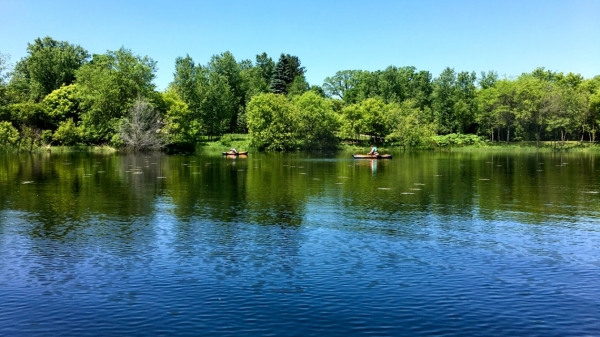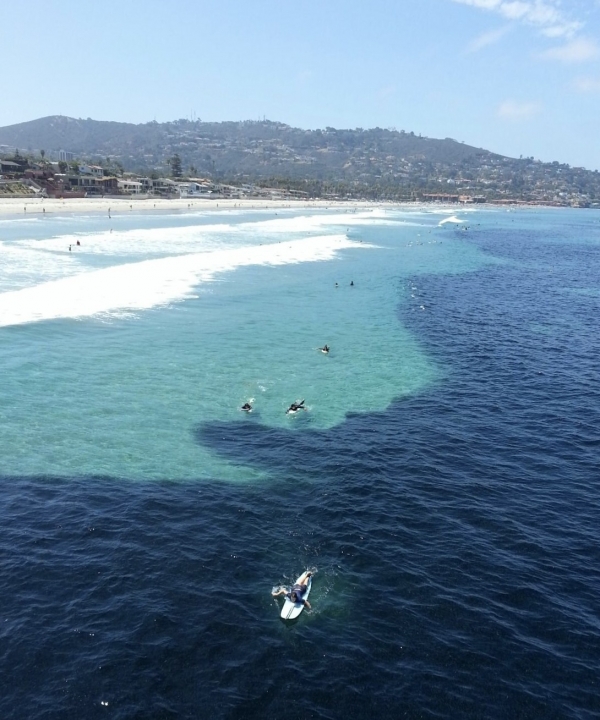There are many effects of climate change. Perhaps the most broadly known is global warming, which is caused by heat building up in various parts of the Earth system, such as the atmosphere, the ocean, the cryosphere and the land.
articles
Forest Protection Successfully Leads to Reduced Emissions at Global Scale
New study confirms protected forests preserve equivalent to one year of global fossil fuel emissions through avoided emissions.
Pond Emission Measurements Improve Climate Predictions
There could be billions of shallow lakes and ponds on Earth, though lack of mapping systems makes it hard to know just how many exist.
Fungi Stores a Third of Carbon From Fossil Fuel Emissions and Could Be Essential to Reaching Net Zero
The vast underground network of fungi beneath our feet stores over 13 gigatons of carbon around the world, roughly equivalent to 36 per cent of yearly global fossil fuel emissions, according to new research.
Lessons from ‘The Blob’ Will Help Us Manage Fisheries During Future Marine Heatwaves
An early 2014, a great anomaly descended upon the seas: A patch of warm water that manifested in the Gulf of Alaska. Scientists called it “The Blob.”
Weather Anomalies are Keeping Insects Active Longer
As Earth’s climate continues to warm due to the emission of greenhouse gasses, extreme and anomalous weather events are becoming more common.










